1 - Data
1 - Data

Collect and utilize accurate and disaggregated data as a basis for evidence-based policies
The Global Compact for Safe, Orderly and Regular Migration (GCM) is based on 23 objectives. This page provides resources for objective 1 (Collect and utilize accurate and disaggregated data as a basis for evidence-based policies):
“17. We commit to strengthen the global evidence base on international migration by improving and investing in the collection, analysis and dissemination of accurate , reliable and comparable data, disaggregated by sex, age, migration status and other characteristics relevant in national contexts, while upholding the right to privacy under international human rights law and protecting personal data. We further commit to ensure that this data fosters research, guides coherent and evidence -based policymaking and well-informed public discourse, and allows for effective monitoring and evaluation of the implementation of commitments over time.
To realize this commitment, we will draw from the following actions:
(a) Elaborate and implement a comprehensive strategy for improving migration data at the local, national, regional and global levels, with the participation of all relevant stakeholders, under the guidance of the Statistical Commission of the United Nations, by harmonizing methodologies for data collection, and strengthening analysis and dissemination of migration-related data and indicators;
(b) Improve international comparability and compatibility of migration statistics and national data systems, including by further developing and applying the statistical definition of an international migrant, elaborating a set of standards to measure migrant stocks and flows, and documenting migration patterns and trends, characteristics of migrants, as well as drivers and impacts of migration;
(c) Develop a global programme to build and enhance national capacities in data collection, analysis and dissemination to share data, address data gaps and assess key migration trends, that encourages collaboration between relevant stakeholders at all levels, provides dedicated training, financial support and technical assistance, leverages new data sources, including big data, and is reviewed by the Statistical Commission on a regular basis;
(d) Collect, analyse and use data on the effects and benefits of migration, as well as the contributions of migrants and diasporas to sustainable development, with a view to informing the implementation of the 2030 Agenda for Sustainable Development and related strategies and programmes at the local, national, regional and global levels;
(e) Support further development of and collaboration between existing global and regional databases and depositories, including the International Organization for Migration (IOM) Global Migration Data Portal and the World Bank Global Knowledge Partnership on Migration and Development, with a view to systematically consolidating relevant data in a transparent and user-friendly manner, while encouraging inter-agency collaboration to avoid duplication;
(f) Establish and strengthen regional centres for research and training on migration or migration observatories, such as the African Observatory for Migration and Development, to collect and analyse data in line with United Nations standards, including on best practices, the contributions of migrants, the overall economic, social and political benefits and challenges of migration in countries of origin, transit and destination, as well as drivers of migration, with a view to establishing shared strategies and maximizing the value of disaggregated migration data, in coordination with existing regional and subregional mechanisms;
(g) Improve national data collection by integrating migration-related topics into national censuses, as early as practicable, such as on country of birth, country of birth of parents, country of citizenship, country of residence five years prior to the census, most recent arrival date and reason for migrating, to ensure timely analysis and dissemination of results, disaggregated and tabulated in accordance with international standards, for statistical purposes;
(h) Conduct household, labour force and other surveys to collect information on the social and economic integration of migrants or add standard migration modules to existing household surveys to improve national, regional and international comparability, and make collected data available through public use of statistical microdata files;
(i) Enhance collaboration between State units responsible for migration data and national statistical offices to produce migration-related statistics, including by using administrative records for statistical purposes, such as border records, visas, resident permits, population registers and other relevant sources, while upholding the right to privacy and protecting personal data;
(j) Develop and use country-specific migration profiles, which include disaggregated data on all migration-relevant aspects in a national context, including those on labour market needs, demand for and availability of skills, the economic, environmental and social impacts of migration, remittance transfer costs, health, education, occupation, living and working conditions, wages, and the needs of migrants and receiving communities, in order to develop evidence-based migration policies;
(k) Cooperate with relevant stakeholders in countries of origin, transit and destination to develop research, studies and surveys on the interrelationship between migration and the three dimensions of sustainable development, the contributions and skills of migrants and diasporas, as well as their ties to the countries of origin and destination." (GCM ‘Objectives and commitments’, 2018: para. 17)
Accurate and disaggregated data are relevant for all objectives and cross-cutting themes of the GCM. Nevertheless, migration data are often incomplete and fragmented. Gaps with respect to migration statistics, the timeliness of data, and the coverage of important topics related to migration persist. Improving the collection and utilization of accurate and disaggregated data as a basis for coherent and evidence-based policies, as well as promoting well-informed public discourse and fostering research, are of crucial relevance for supporting the effective implementation, follow-up and review of the GCM.
The Global Compact for Migration (GCM) report is available in AR, ZH, EN, FR, RU, ES.
Hub content relevant to "1 - Data"
 Resource |
Resource |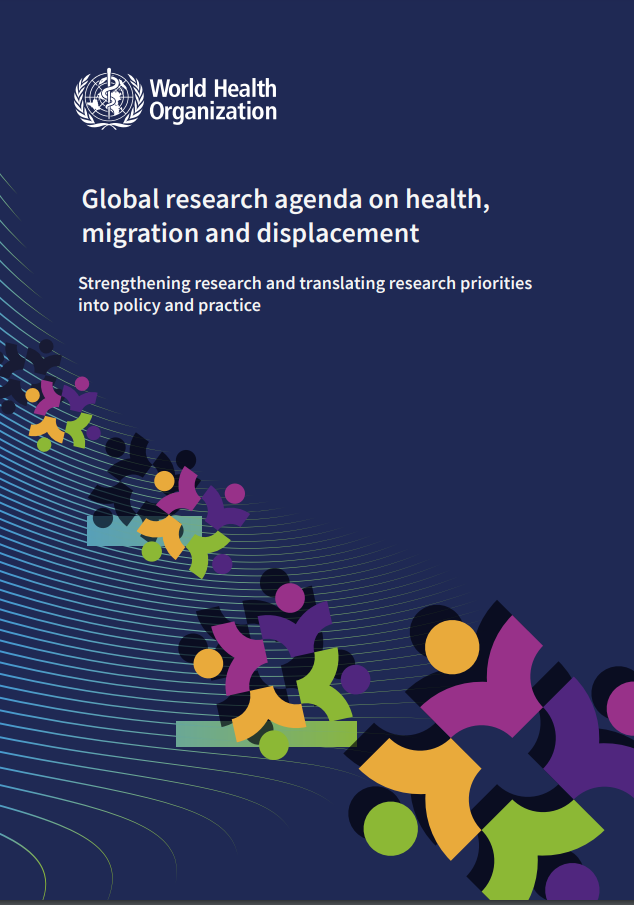 Resource |
Resource |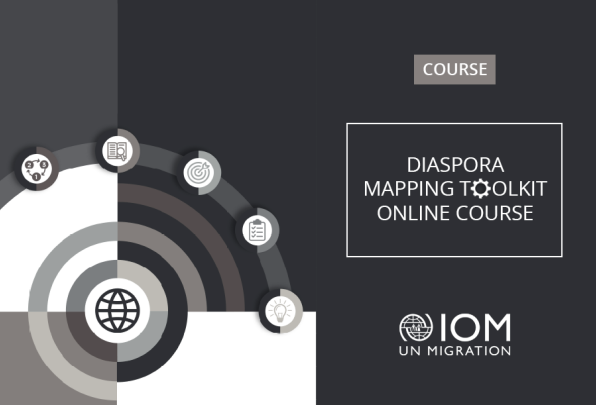 Resource |
Resource |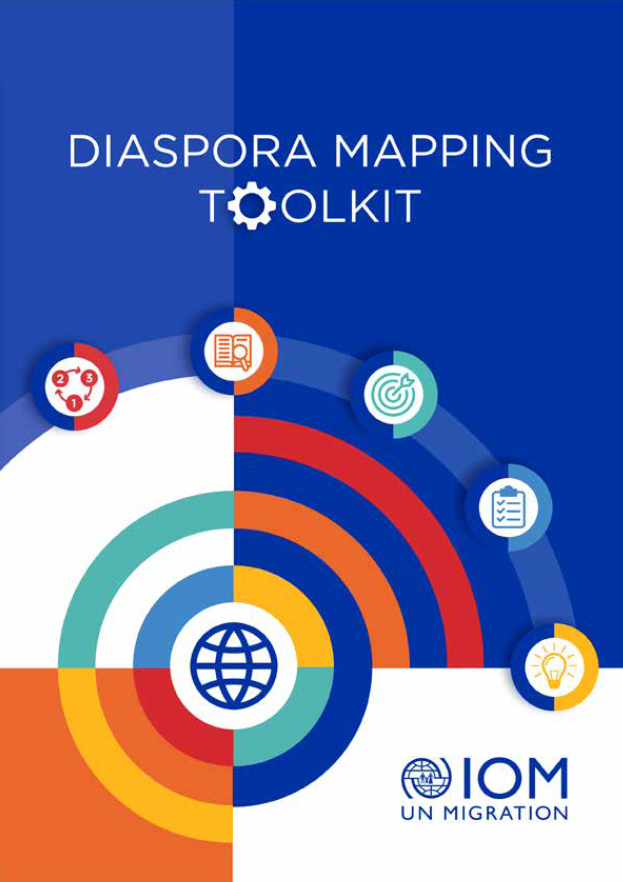 Resource |
Resource | Resource |
Resource |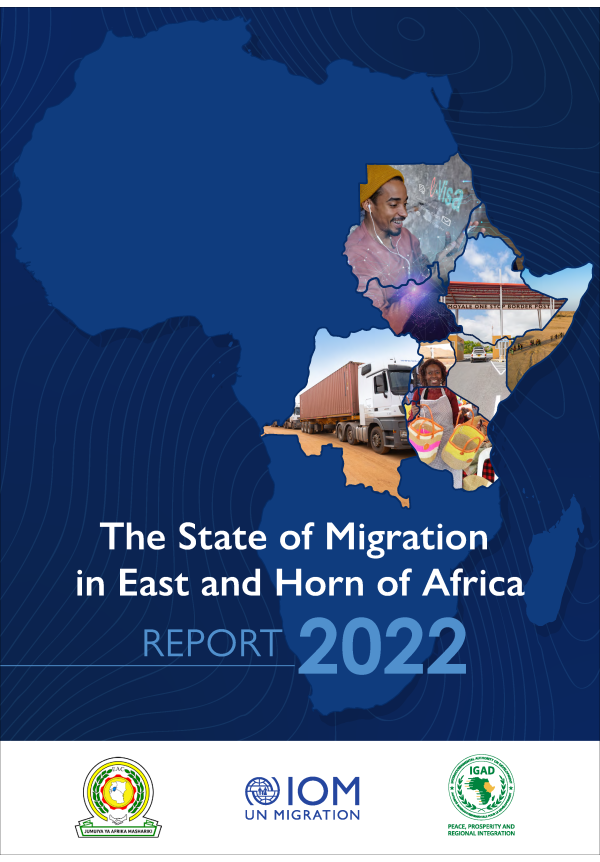 Resource |
Resource |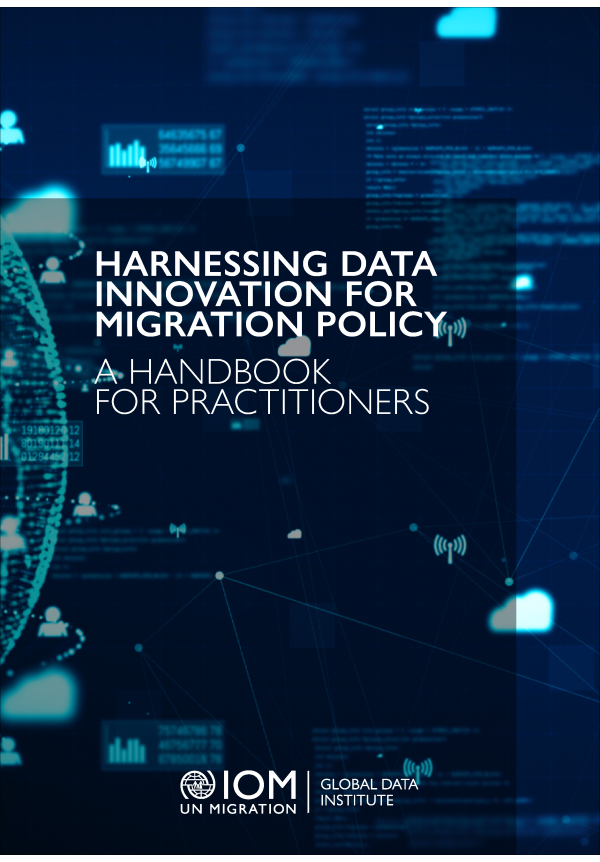 Resource |
Resource | Resource |
Resource | Resource |
Resource | Resource |
Resource |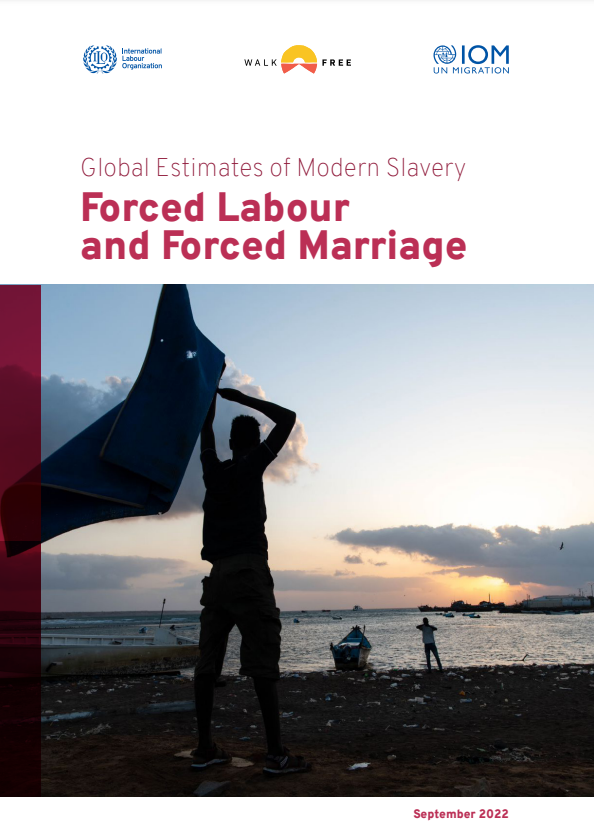 Resource |
Resource |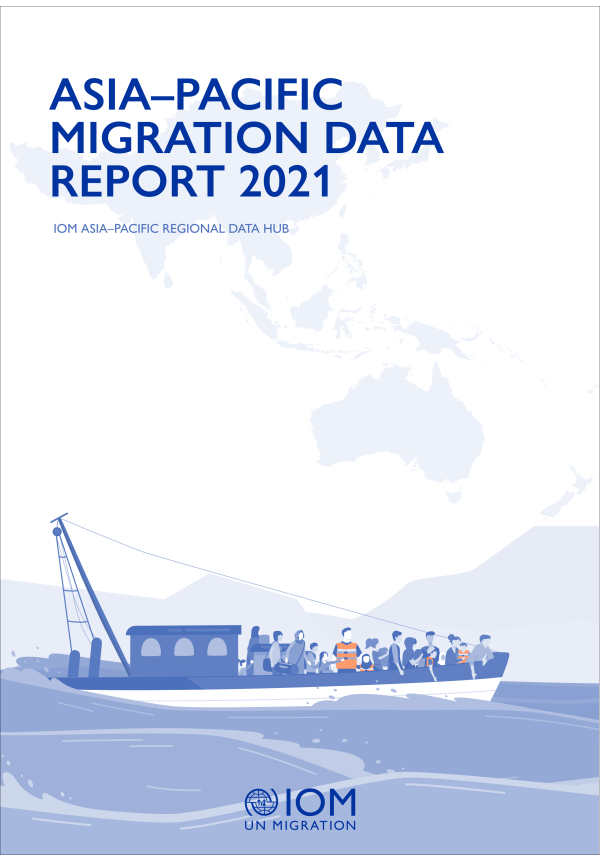 Resource |
Resource |
Pagination
*References to Kosovo shall be understood to be in the context of United Nations Security Council resolution 1244 (1999).
Newsletter
Subscribe to our newsletter.